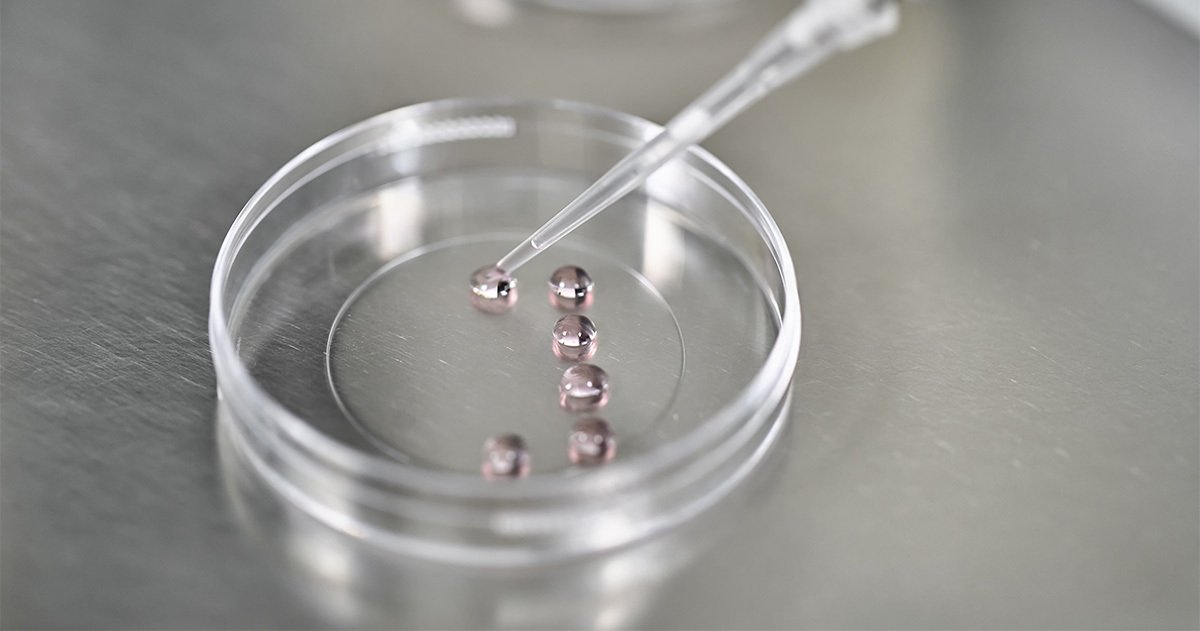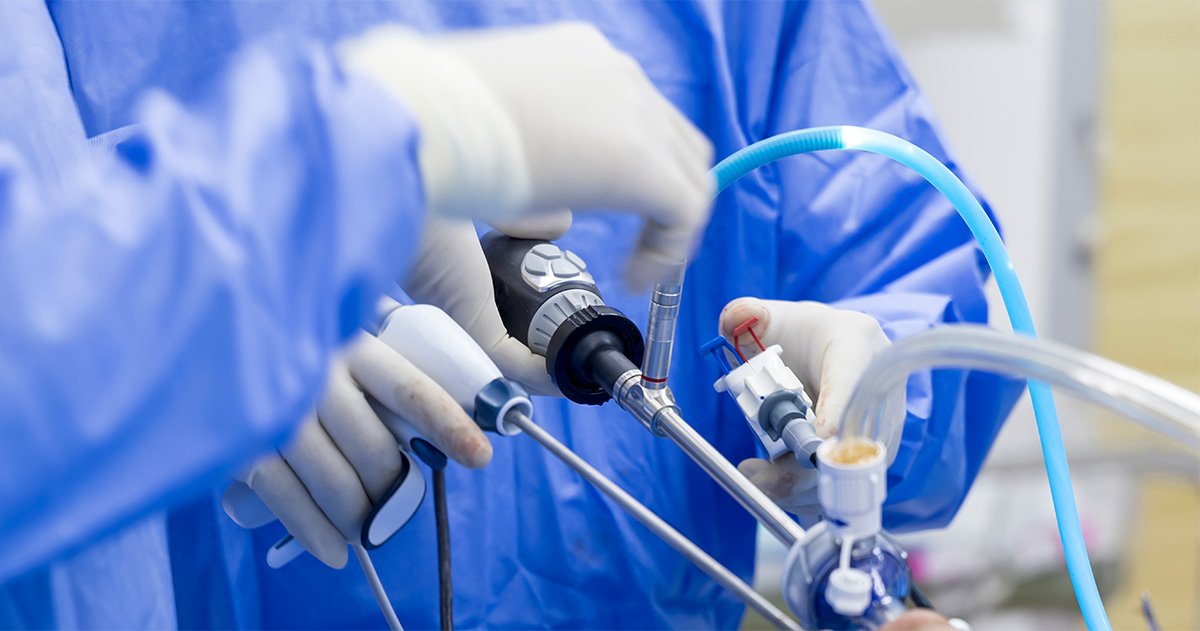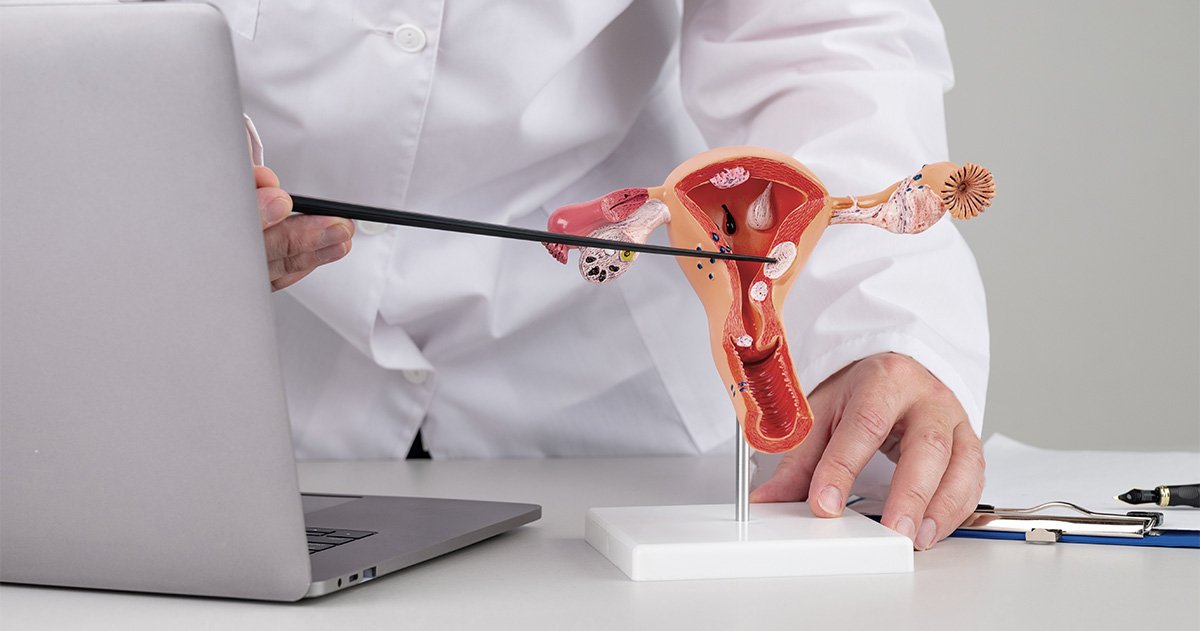In healthy couples, conception isn’t always guaranteed. Even after several attempts, the negative pregnancy test results may start to feel like a pattern. The main sign of infertility for any young couple today is no sign of pregnancy after various attempts.
In fact, up to 30% are diagnosed with unexplained infertility after a standard evaluation. Based on the World Health Organisation (WHO) definition of infertility, couples who have not conceived after 12 months of regular unprotected intercourse should be referred for clinical assessment and investigation. In women who are older than 35 years of age, the recommendation is to initiate investigations after 6 months.
Before any fertility assessment, Fertility Specialist Dr Tan Heng Hao believes in getting to the root of your fertility issues. Often, there may be other aggravating issues such as sexual dysfunctions, that may compound the existing problem. This ensures highly individualised treatments for optimal outcomes.
What happens during fertility screening?
Before any tests are conducted, your doctor will take a detailed medical history, with special focus on your menstrual history. This is crucial for identifying any ovulation issues, which often present as irregular periods.
Ovarian Reserve in Women
Central to any screening is the assessment of the ovarian reserve of the woman.
- Taken literally, a woman’s ovarian reserve refers to the “quantity of eggs” that remain in the woman’s ovaries at that point in time.
- Dr Tan Heng Hao believes in a dual-prong approach when assessing ovarian reserves. They include:
- Antral follicle count (AFC) — Performing a transvaginal ultrasound scan, which involves inserting an ultrasound probe into the vagina to assess the antral follicle count (visualisation).
- Abnormal growths — In the same sitting, the womb and ovaries are scanned to see if there are any abnormal growths such as fibroids and cysts.Endometrial polyps may be detected and these can be removed to enhance your fertility chances.
- Anti-mullerian hormone levels — Performing a simple blood test to determine your Anti-Mullerian Hormone (AMH) levels serves as a proxy to the amount of eggs a woman has at that point in time. Putting a numerical value to this helps couples appreciate any drop in ovarian reserves over time better.
- Assessment of the ovarian reserve has several implications to the couple:
- First, it adds another dimension in quantifying the urgency of the problem and aids in their decision making. It also enables Dr Tan in the planning and strategizing of an IVF treatment, tailored to the couple’s needs.
- Most importantly, it helps in managing the expectations of the couple while they undergo ovarian stimulation with drugs to help produce eggs. A woman with lower reserves will not be expected to have more eggs in an IVF treatment than someone with higher reserves.
Detecting Fallopian Tube Blockages in Women
The fallopian tubes can be assessed and the timing and type of tests ordered may be dependent on several factors.
- In women deemed to be at low risk of tubal blockages, these tubal tests may be deferred until male factor infertility is ruled out by a semen analysis.
- A Hysterosalpingography (HSG) is a special X-ray examination of the womb and fallopian tubes. This can be performed as a screening test for tubal blockages.
- In women, deemed to be at high risk, a keyhole surgery may be performed to confirm this diagnosis and the problem may be surgically corrected to unblock the tubes at the same sitting.
Ruling out diseases
It is common practice to perform basic pre-conception screens such as ruling out Thalassemia and screening for rubella immunity (German Measles) in the patient.
- Rubella is very dangerous for developing babies and can cause congenital rubella syndrome, and anyone who is not immune against rubella is at risk of getting the disease.
- This gives us an opportunity to vaccinated the patient against rubella prior to getting pregnant.
Semen Analysis in Men
In a parallel fashion, the husband’s sperm will be assessed via a semen analysis. Depending on the results, further investigations on the husband may be warranted. Dr Tan Heng Hao is of the firm belief that infertility is a problem of the couple involved. He strongly encourages both the husband and wife to be present for any fertility screening consults.
Treatment options for unexplained infertility have typically involved intrauterine inseminations (IUI), initially with oral medications, then hormonal medications, followed by in vitro fertilisation (IVF) for those unsuccessful in achieving pregnancy with IUIs.
When should you get fertility screening?
Typically, it's advised to consider fertility screening in your mid-30s if you haven't yet conceived, though the optimal timing can vary based on individual situations. If you are trying to conceive, a fertility is recommended for:
- Women under 35 — if you have been trying to conceive 12 months without success.
- Women 35 years and older — If you have been trying for 6 months without success.
If your male partner has also been trying for the same periods without success, both partners should be screened.
Other factors that may warrant a fertility screening include:
- Health concerns — If you experience conditions such as polycystic ovarian syndrome (PCOS), endometriosis or pelvic inflammatory disease (PID).
- Lifestyle for family planning — If you are not actively trying to conceive, but would like to assess your reproductive health to plan for future options.
- Recurrent miscarriages — If you experience recurrent miscarriages, and would like to pinpoint any underlying conditions that may be causing them.
How to prepare for fertility screening
Before your fertility screening, it helps to:
For Women
- Track your menstrual cycle.
- Take note of your medical history, including any past pregnancies or miscarriages.
- Stop taking any birth control a few months before your fertility screening.
For Men
- Abstain from ejaculation 2 to 5 days before your semen analysis.
- Take note of your medical history, including any past issues or surgeries done.
A fertility screening is also a great opportunity to speak with your doctor and raise any concerns or questions about what comes next. Your doctor will help you gain clarity and understand your fertility health.
What to expect after your fertility screening results
Your fertility screening results are a roadmap for your pregnancy journey. It will provide insight for yourself and for your doctor to create a treatment plan tailored specifically to your current condition and needs.
- Personalised treatment plan — Your doctor will explain which results fall within or out of the normal range, or if there are any areas of concern that may require further medical attention. Your results will also provide your doctor a better understanding of your fertility health, allowing them to create a personalised treatment plan that will help you achieve optimal pregnancy outcomes.
- Identifying your best options — Your results can help narrow down the most effective treatments for you.
- Guiding your timeline — Your results can help provide a realistic timeline for your pregnancy journey, if immediate medical intervention is needed, or if you can try to conceive naturally for a few more months.
- LIfestyle adjustments — Your doctor may suggest some lifestyle changes or medication that could help improve your overall reproductive health and increase your chances of conceiving.
It is imperative to understand that even if all the tests turn out normal, it is not a guarantee. Dr Tan Heng Hao advises couples not to defer their family planning if possible, and that is always the best strategy in a fertility journey.
Taking the first step with a fertility screening
Undergoing a fertility screening is the beginning of a personalised pregnancy journey designed with your individual needs in mind. With the right medical insights, your doctor can work with you in creating a treatment plan to increase your chances of conceiving. Schedule a consultation with us today and take the first step to understanding your reproductive health and planning for your future pregnancy.





